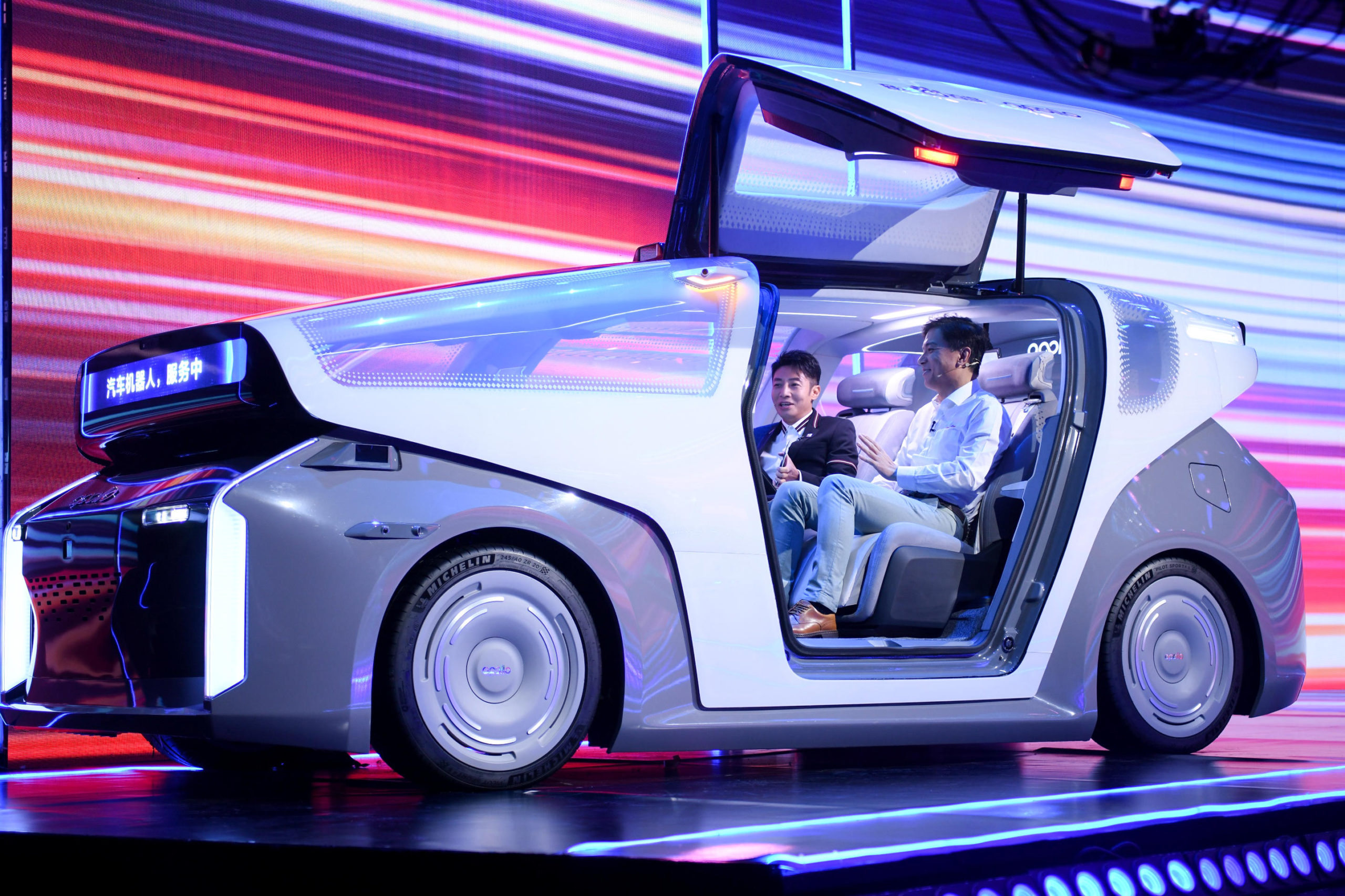Baidu and Toyota-backed self-driving tech developer Pony.ai received licenses to operate autonomous taxis on limited sections of Beijing’s public roads. They are the first companies to charge passengers for autonomous ride-hailing services in China.
On Thursday, the Beijing High-Level Automated Driving Demonstration Area—a zone designated for tech firms that are running trials for autonomous cars—granted permission to Baidu and Pony.ai to charge fares for autonomous rides. At the moment, the company’s services cover an area of roughly 60 sq km.
The licenses allow Baidu and Pony.ai to operate up to 100 self-driving robotaxis within an area known as the Beijing Economic and Technological Development Zone, located in the suburban district of Yizhuang.
The approval for Baidu and Pony.ai signals that the development of autonomous driving solutions in China has entered a new phase of commercial exploration after years of research, development, and tests. In Baidu’s case, the company’s autonomous vehicle, the Apollo Go, will operate commercially at a large scale, it said in a statement.
The service provided by Baidu’s Apollo Go includes over 600 pick-up and drop-off points in both commercial and residential areas. Covering a total of 350 km of public roads, the service is available from 7:00 a.m. to 10:00 p.m., seven days a week.
Companies are permitted to charge market rates for robotaxi rides. Baidu did not disclose its fare structure but said it would be similar to that of premium ride-hailing services, which normally cost roughly double the price of conventional taxi services.
For now, each robotaxi’s passengers will be accompanied by a safety driver who will monitor the vehicle and take control during moments that require human intervention. Baidu aims to extend its Apollo Go robotaxi services to 65 cities by 2025 and 100 cities by 2030. It expects to achieve mass commercialization within a decade.
Baidu CEO Robin Li said last week that the company’s Apollo unit is now the largest autonomous ride service provider in the world.
The size of the autonomous car service market in China will exceed RMB 1.3 trillion (USD 203 billion) by 2030, with premium service providers accounting for 40% of the market share, according to IHS Markit.

